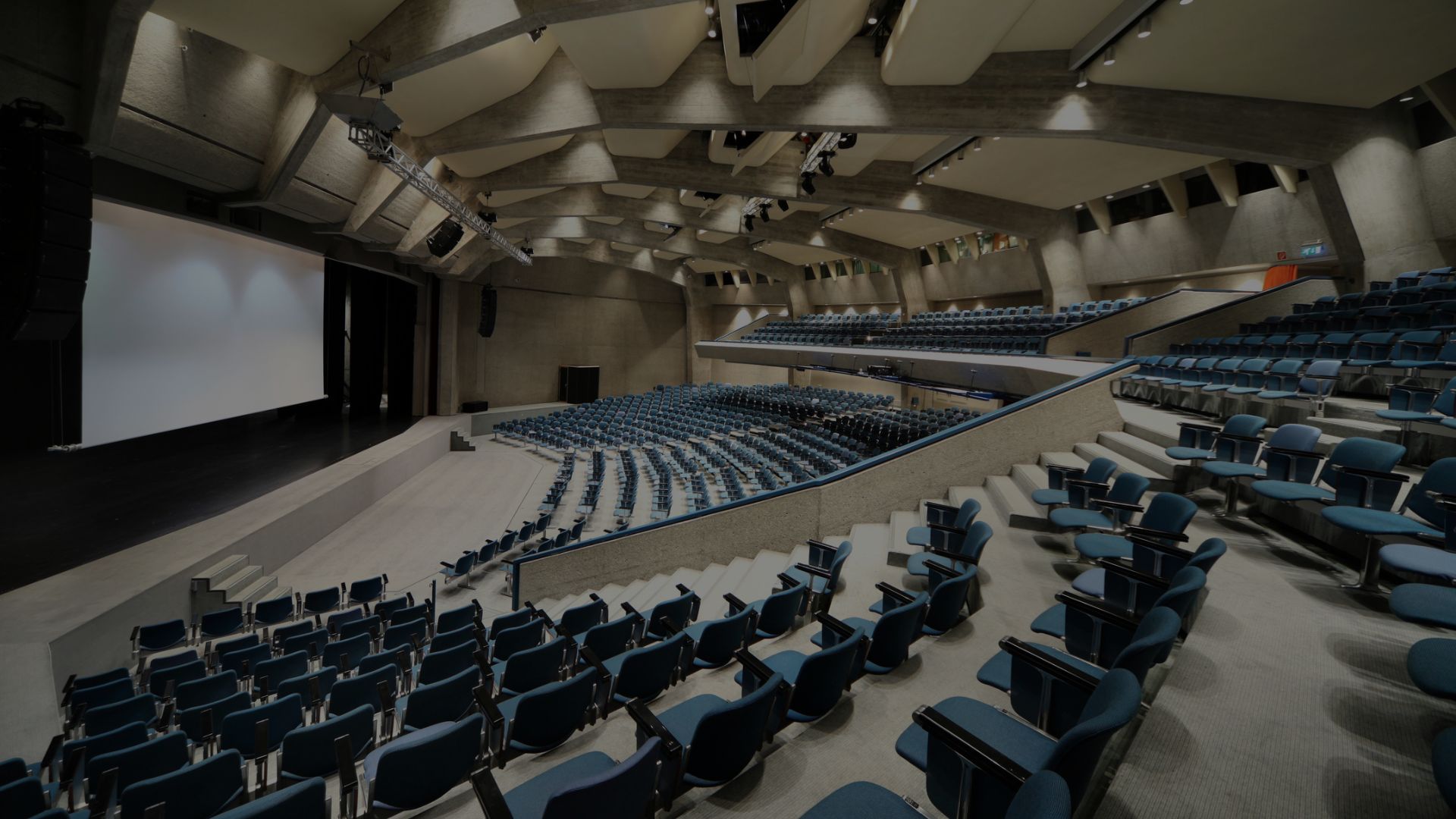Webinars, e-learning, remote teaching — today’s training is speaking digital.
Technologies and platforms are revolutionizing the way we learn, making access to knowledge more flexible, inclusive, and continuous.
A new landscape for universities and businesses
In Italy, the mismatch between skills and market needs remains a major challenge.
Bridging this gap requires two actions:
-
Universities must adopt more agile, market-oriented digital training methods.
-
Companies must invest in reskilling and upskilling programs to update their teams’ competencies.
In both cases, technology is the key enabler.
Digital learning: a growing trend
Training is one of the pillars of digital transformation.
The traditional classroom is giving way to hybrid models, where physical spaces are integrated with online platforms and multimedia tools.
A trend that, according to Research and Markets, will reach significant market value by 2025.

Benefits of digital learning
-
Flexibility: Time, location, and format adapt to the user.
-
Effectiveness: Tailored content, continuous access, greater engagement.
-
Collaboration: Technology enables interaction and sharing, even remotely.
New challenges for education
Anyone designing learning environments today — whether in academic or corporate settings — faces three core needs:
-
Didactic flexibility, to manage live, on-demand, and interactive content.
-
Active engagement, through immersive and personalized experiences.
-
Hybrid spaces, designed to foster collaboration at a distance.
Who’s driving this change?
Universities, training institutions, and corporate academies must completely rethink the function and equipment of their learning environments to make them more supportive and adaptable.
The key professionals leading this transition include:
-
Architects who reimagine physical spaces with new functions;
-
AV Designers who create multimedia solutions tailored to the environment;
-
Technology providers for collaboration tools, streaming, and AV systems;
-
System integrators who ensure interoperability between different technologies.
The future of learning lies in technology!
“Technology is transforming education, changing how, when and where students learn, and empowering them at every stage of their journey.” — INTEL
Are you interested in this topic?
We’ll discuss it at MIR, from 12 to 14 April 2026.
PUBLICATION
20/12/2022
come fare

















